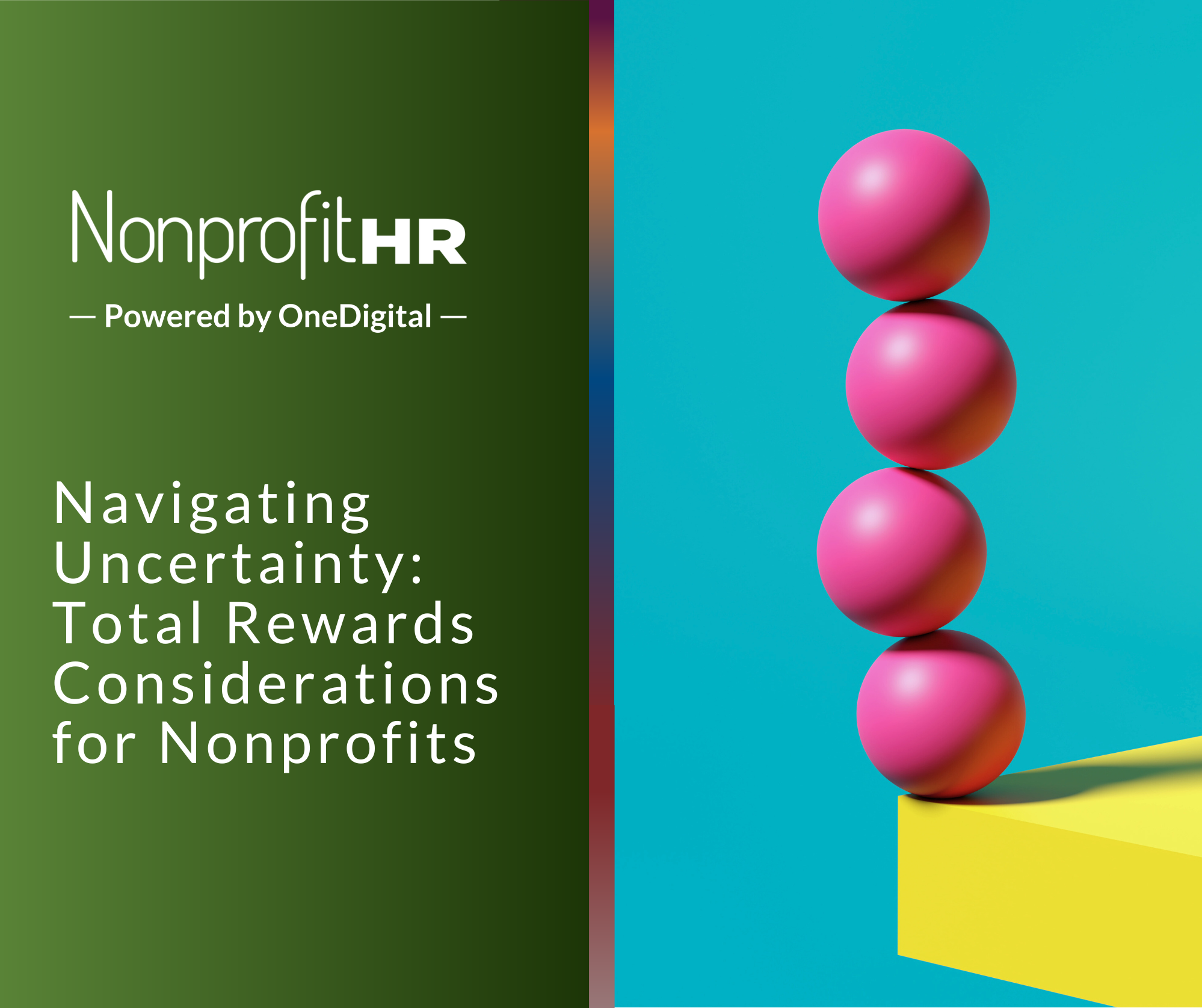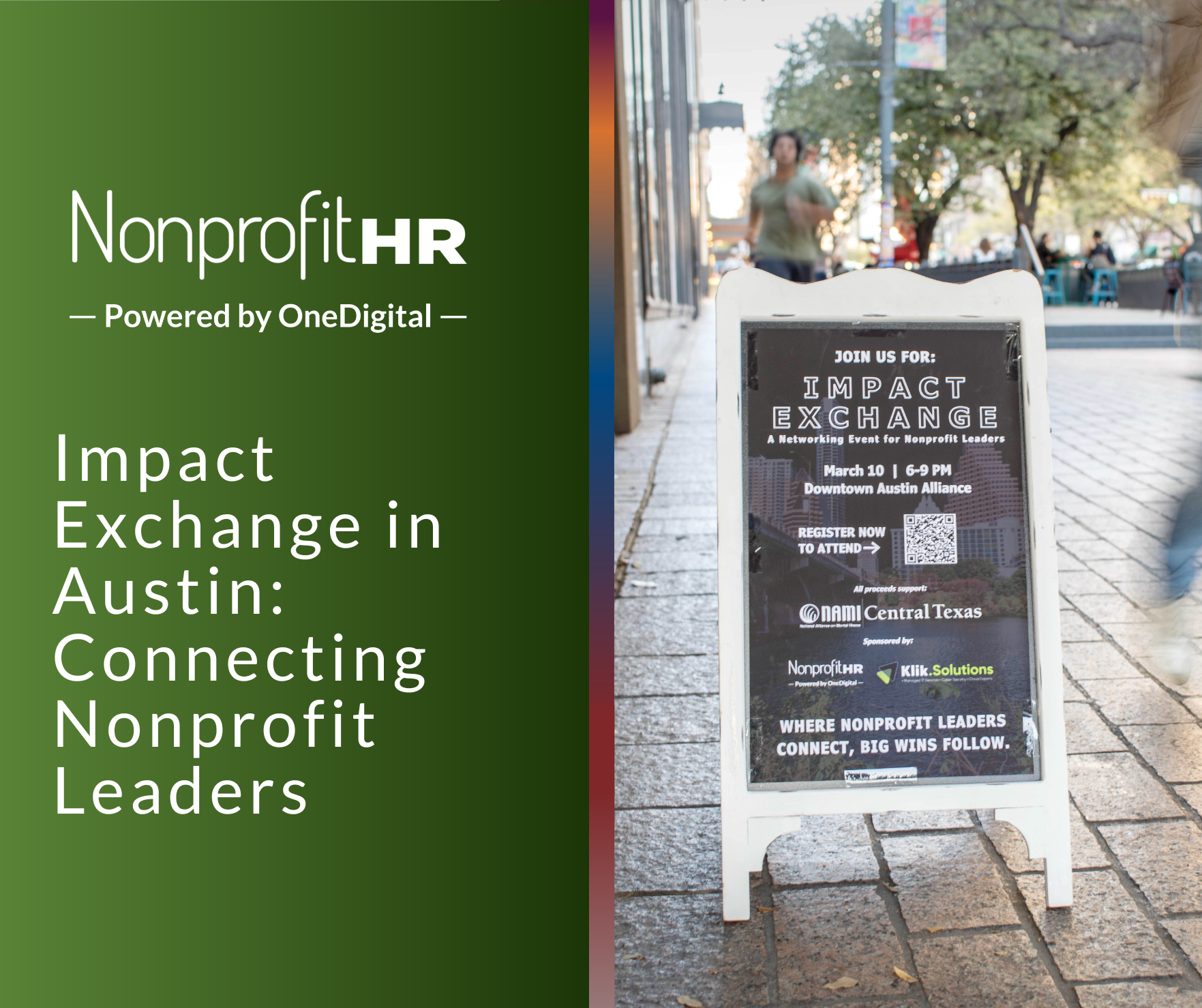WTOP: 5 ways nonprofits can…
By Leslie Walbridge
At the September HR Roundtable this month, HR experts took up the question of multi-generational workplaces. In his summary of the Roundtable for TLNT, Steve Browne distilled the main questions and takeaways from the discussion. The three driving topics for discussion were:
- Why do we focus on generational differences vs. generational strengths?
- How can each generation’s strengths be used effectively?
- What would an integrated workplace look like?
For each question, Browne bulleted a brief list of common answers from the participants. In addressing the first question, Browne notes emphatically that “Generational issues are the BIGGEST diversity issue facing us today at work.” The underlying theme of each response to the first question was that we focus on generational differences because it is habit and culturally ingrained to do so. Browne stresses to his audience that this behavior must stop.
The responses to the question “how can each generation’s strengths be used effectively?” all came down to employee engagement and workplace culture. When all employees are encouraged to participate regardless of age, tenure or seniority, it is possible for an innovative spirit to flourish.
Finally, when participants addressed the question of what a truly generationally integrated workplace would look like, it became apparent just how institutionalized the separation is – we don’t have any idea what integration would look like. Browne laid out a few suggestions for how to get your workplace to integration including:
- Give people a common battle cry;
- Mix folks up;
- Do reverse mentoring, and;
- Understand that ALL workplaces are multigenerational.
Generally speaking, when it comes to this or any diversity issue, integration is difficult and necessary. While habit or instinct dictate that we, as humans, should separate along boundaries of difference, the common good insists that we resist that urge.





























